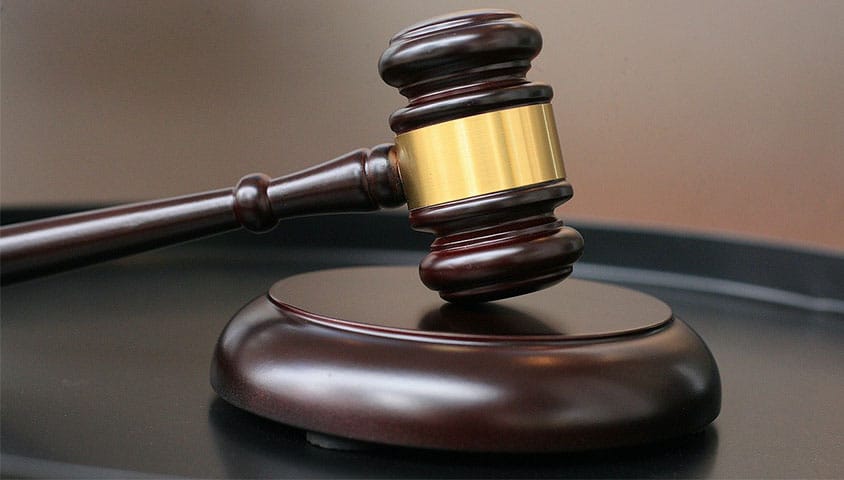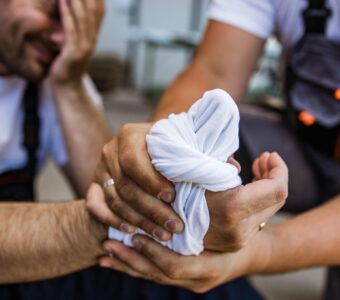
How Personal Injury Settlements Work in Georgia
Personal injury cases can be physically, emotionally, and financially draining. When someone is injured due to the negligence of another party, they often seek compensation for their medical bills, lost wages, pain and suffering, and other damages. In Georgia, as in many other states, one of the primary ways to resolve personal injury claims is through settlements. These settlements allow parties to avoid the time, expense, and uncertainty of a trial.
In this article, we will explore how personal injury settlements work in Georgia, from the initial negotiations to the final agreement, and provide insights into what individuals involved in such cases should know.
The Importance of Personal Injury Settlements
Personal injury settlements are a crucial aspect of the legal process in Georgia. They offer several advantages for both the injured party (plaintiff) and the party being sued (defendant):
- Efficiency: Settlements are often quicker than going to trial. Trials can be time-consuming and expensive, with uncertain outcomes. Settlements can provide a more efficient resolution.
- Cost Savings: Litigating a personal injury case can be costly due to legal fees, expert witness expenses, and court costs. Settlements can save both parties money.
- Privacy: Settlements are typically private, unlike trials that are open to the public. This can be advantageous for those who prefer to keep their personal matters confidential.
- Control: Both parties have more control over the outcome in a settlement. They can negotiate and agree on terms that are mutually beneficial.
The Personal Injury Claim Process
Before delving into how personal injury settlements work in Georgia, it’s essential to understand the broader personal injury claim process:
- Incident and Injury: The process begins with an incident causing injury, such as a car accident or slip and fall.
- Seeking Medical Treatment: The injured party seeks medical treatment, creating a record of their injuries.
- Consulting an Attorney: The injured party consults a personal injury attorney to assess the case’s merits and guide them through the legal process.
- Filing a Lawsuit: If a settlement cannot be reached through negotiations with the defendant’s insurance company, a lawsuit is filed, initiating formal legal proceedings.
- Discovery: Both parties exchange information and evidence during the discovery phase, which may include documents, witness statements, and depositions.
- Negotiation or Mediation: Many personal injury cases in Georgia are resolved through negotiation or mediation, potentially leading to a settlement agreement.
- Trial: If a settlement cannot be reached, the case proceeds to trial, where a judge or jury determines the outcome.
How Personal Injury Settlements Work in Georgia
Now, let’s focus on how personal injury settlements specifically work in Georgia:
- Demand Letter: The plaintiff’s attorney typically sends a demand letter to the defendant or their insurance company. This letter outlines the plaintiff’s injuries, damages, and a proposed settlement amount. It serves as the starting point for negotiations.
- Counteroffer: The defendant or their insurance company may respond to the demand letter with a counteroffer. This back-and-forth negotiation process continues until both parties reach a mutually acceptable settlement or decide to proceed to trial.
- Mediation: In many cases, parties in Georgia engage in mediation with the assistance of a neutral third-party mediator. Mediation sessions provide an opportunity for structured negotiations and can be instrumental in reaching a settlement.
- Settlement Agreement: When an agreement is reached, both parties sign a settlement agreement. This document outlines the terms and conditions of the settlement, including the amount to be paid and any other relevant details.
- Release of Liability: In exchange for the settlement amount, the plaintiff typically signs a release of liability, waiving their right to pursue further legal action against the defendant for the same incident.
- Payment: Once the settlement agreement is finalized, the defendant or their insurance company makes the agreed-upon payment to the plaintiff or their attorney. This payment typically covers medical bills, lost wages, and other damages.
- Case Closure: With the settlement payment received, the case is considered resolved, and the plaintiff cannot seek additional compensation for the same incident.
Personal injury settlements play a vital role in the Georgia legal system, offering an efficient and cost-effective way to resolve disputes arising from negligence-related injuries. The process involves negotiation, mediation, and the eventual agreement on terms that provide compensation to the injured party while avoiding the uncertainties and expenses of a trial.
For individuals involved in personal injury cases in Georgia, seeking legal counsel from an experienced personal injury attorney is essential. An attorney can guide you through the settlement process, negotiate on your behalf, and ensure that your rights and interests are protected. Whether you are a plaintiff seeking compensation or a defendant facing a claim, understanding how personal injury settlements work can help you navigate this complex legal landscape and achieve a fair and equitable resolution.



